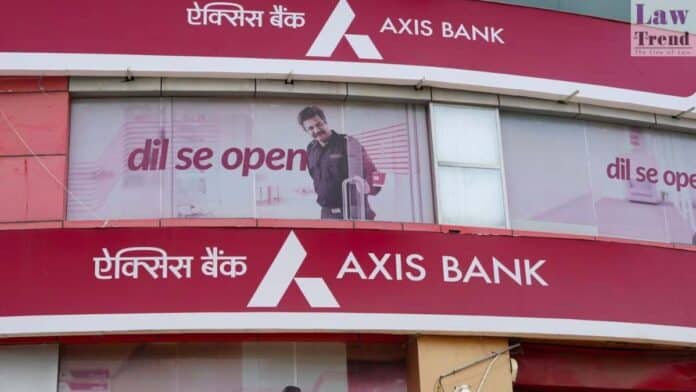The Calcutta High Court has ruled that Axis Bank, being a private entity, does not perform public functions that would subject it to writ jurisdiction. The division bench of Chief Justice T. S. Sivagnanam and Justice Hiranmay Bhattacharyya made this observation while partly allowing an appeal filed by Axis Bank Limited against a single judge
To Read More Please Subscribe to VIP Membership for Unlimited Access to All the Articles, Download Available Copies of Judgments/Order, Acess to Central/State Bare Acts, Advertisement Free Content, Access to More than 4000 Legal Drafts( Readymade Editable Formats of Suits, Petitions, Writs, Legal Notices, Divorce Petitions, 138 Notices, Bail Applications etc.) in Hindi and English.




